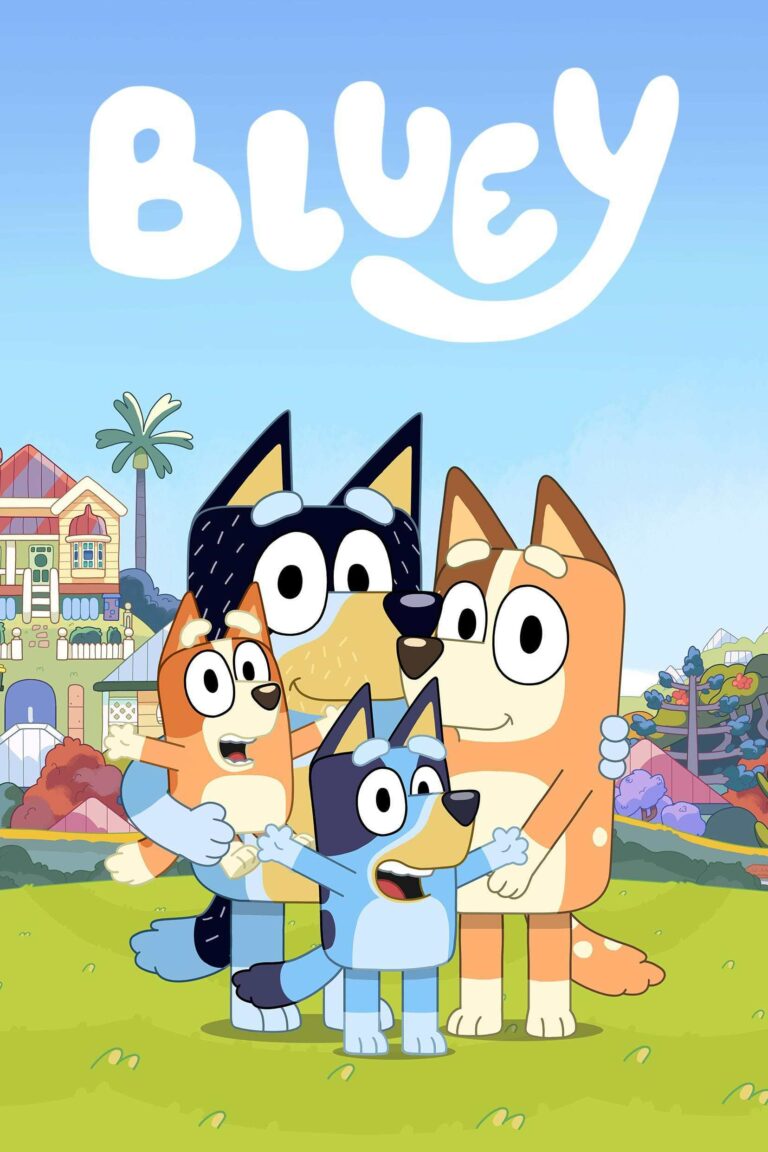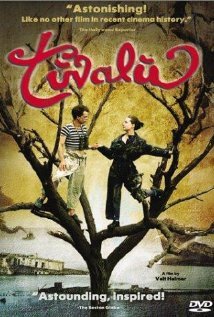“Charlie Chaplin Meets Edward Scissorhands”

| None | Light | Moderate | Heavy | |
|---|---|---|---|---|
| Language | ||||
| Violence | ||||
| Sex | ||||
| Nudity |
What You Need To Know:
Complete with a skinny-dipping scene, the movie encourages Eastern Europeans to embrace the new freedom they have since the fall of communism. Yet, the disdain for capitalism is clearly evident, so the movie’s answer is a bit muddy, politically.
Content:
(H, ACap, Co, O, Pa, Ro, B, V, S, NN, M) Gloomy German Expressionist, humanistic communist worldview with some biblical allegorical truths related to the concept of “leaving and cleaving,” or forsaking the old ways and finding the new paths and fresh manna; no foul language; some slapstick violence; blow up sex doll given as a gift; woman skinny dipping; and, other immorality shown such as murder, greed, theft and vengeance, although a woman repents for seeking wrongful vengeance & success is seen in unity of purpose.
More Detail:
In Christian vernacular, this movie is about “leaving and cleaving.” The story pits the faded remnants of a run-down defeated communist state against the progress of a new capitalistic society. Symbolically, it illustrates the fear people in post-communist countries in Eastern Europe have of leaving their old familiar way, no matter how dead, and embracing a wide-open, vast and scary new frontier.
Eva (Chulpan Hamatova) and her father (Djoko Rossich) are on a sailing adventure to the exotic island of Tuvalu, evidently to find a buried treasure. Their steamboat’s engine breaks down, stranding them at a dock in a gloomy town near Anton’s (Denis Lavant) father’s (Philippe Clay) dilapidated spa. Eva and her father are forced to seek shelter with the other homeless villagers at the spa when their hotel is destroyed by Gregor (Terrence Gillespie), Anton’s evil, land-developing brother. The spa is the last of the old buildings standing in an area that is slated for redevelopment by Gregor’s company. It was designed, for the movie, to look itself like an old steamship stranded on dry land.
Anton, who was once very much surrendered to working for his blind father in the spa, awakens emotionally upon meeting adorable Eva. He has so many responsibilities that he is basically a slave and never allowed to leave the building. The spa is literally one big Rube Goldberg machine held together by wire, gum and Spackle. The steady beating heart of the old spa is the steam pump in the basement that provides water to both the pool and the locker room showers. Throughout the movie, one can hear its thump-thumping as it pumps the spa’s life’s-blood through rusty veins of pipe. Most of the comedy is realized through Anton’s exhaustingly, frantic makeshift “maintenance” that keeps the whole building and business on life support.
Water is the major element in the movie. It represents life. Not just the life-blood of the spa, but the life and adventure to be found in the vast, undiscovered world outside of the spa. In a very poignant scene Eva is swimming in the spa’s pool with her gold fish bowl. She is skinny-dipping, which represents her desire for freedom. She submerges the gold fish bowl in the pool with her and watches as the gold fish, that now has access to the voluminous area of the pool, remains in the bowl. She watches gleefully fascinated, as the fish, unaware of its new potential boundaries, is content to swim in the comparatively tiny, confined area it is accustomed. Eventually she snatches the bowl away and lets the fish swim freely with her, as if she is guiding it along.
The fish symbolizes Anton since he has never left the spa. It turns out that the engine in Eva’s father’s stranded ship needs a part that only can be found in the steam engine in older, grounded dying ship. Eva inadvertently helps Anton break his way out of his “fish bowl” and into greater waters as she, with Gregor’s help, steals the needed valve for her boat from the spa’s steam engine: from one heart to another. Eva feels justified in doing this because a sizable chunk of plaster fell from the spa’s ceiling and killed her father while he was swimming in the pool, and she blames Anton. Actually, Anton’s brother dropped the piece on her father to force the inspection of and, hopefully, the condemnation, closing and demolition of the spa.
As Anton leaves the spa for the first time, to chase Eva and the stolen part, he sort of flops around like a fish out of water. He visibly struggles with walking on unfamiliar ground. The chase leads him to Eva’s boat. While recovering the valve to take back to the spa, Anton discovers what appears to be a treasure map to the pacific island of Tuvalu. This is his first realization that there is life elsewhere, and he dreams of going there with Eva. Without spoiling the movie, the way his dream is fulfilled is that Eva figuratively snatches the “fish bowl” away from Anton. He is forced to leave his father, the spa and the old life, so he can cleave to Eva, her newly refurbished steamship and a whole new life.
The “heart” of the old way is reconciled with the unlimited potential of the future. The whole movie encourages Eastern Europeans to embrace the “new freedom” they have since the fall of communism. Yet, the disdain for capitalism is clearly evident, so the movie’s answer is a bit muddy, politically. While the face of progress seems heartless, it will take the strength of the same steady, hard-working heart that survived the old, dismal way of life to negotiate through life on the unfamiliar territory of a new and freer way.


 - Content:
- Content: 

